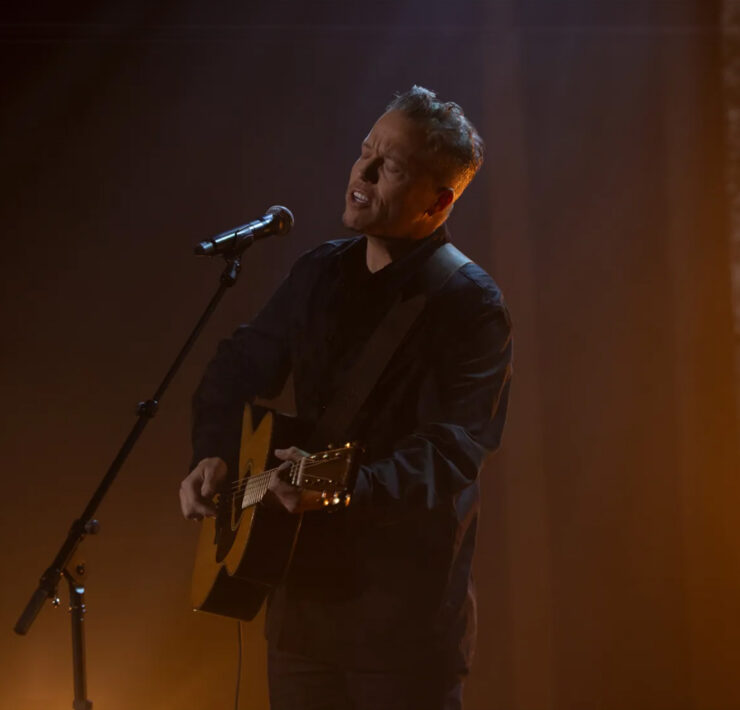
Last month, just before Thanksgiving, churches and relief organizations in Newark, New Jersey, received a surprising email from city officials, announcing that feeding the homeless in public places would be prohibited. When reached for comment by the New York Times, the city appeared to hedge a bit, saying those wanting to feed the homeless in places like a park or a train station would need to acquire a permit first.
The ordinance the city is working on will prohibit agencies and individuals without a permit from feeding residents without addresses,” a spokeswoman for Mayor Ras Baraka told the Times. “All violators will be ticketed and fined.”
Newark isn’t alone in targeting human charity. At least 17 cities in the U.S. require anyone wanting to feed the hungry to get the city’s approval first, or else ban it altogether, according to the National Homelessness Law Center. But whether or not such bans are Constitutional is a matter of some debate, since courts have ruled that feeding the hungry is a form of speech — meaning it’s protected under the First Amendment. Lawyers have also argued that bans like Newark’s may violate the 14th Amendment’s equal protection clause.
In Matthew 25, Jesus radically identifies with the poor, going so far as to tell the disciples that when they feed the hungry, they are actually feeding him. “I tell you the truth, whatever you did for one of the least of these brothers of mine, you did for me,” he says in verse 40.
And then there’s the beautiful passage in Isaiah 58, when God tells the Israelites about true fasting:
“Is not this the kind of fasting I have chosen:
to loose the chains of injustice
and untie the cords of the yoke,
to set the oppressed free
and break every yoke?
7 Is it not to share your food with the hungry
and to provide the poor wanderer with shelter—
when you see the naked, to clothe them,
and not to turn away from your own flesh and blood?
8 Then your light will break forth like the dawn,
and your healing will quickly appear;
then your righteousness will go before you,
and the glory of the Lord will be your rear guard.”
These verses and dozens of others throughout the Bible make it clear that feeding the hungry is a command — an expression of the overflow of love that God’s people have been given. Given this, it’s very hard to see Newark’s ordinance and all similar bans on feeding the hungry as an infringement of religious freedom, and American Christians should take it seriously.
According to the USDA, about 38 million Americans qualify as “food insecure” — 12 million of whom are children. Those numbers have only grown during the pandemic, including in Newark, where an estimated 1,366 have spent a night unsheltered so far this year. That’s a disproportionately higher number of homeless people per capita than New York City, and several churches and relief groups have been working in parks and a train station to feed those people. That work
Given how easily riled up churches and religious groups have proved to be in the past over such religious freedom threats — many of which, it must be noted, turned out to be exaggerated bogeymen — this fairly straightforward case seems worthy of attention …and action.























